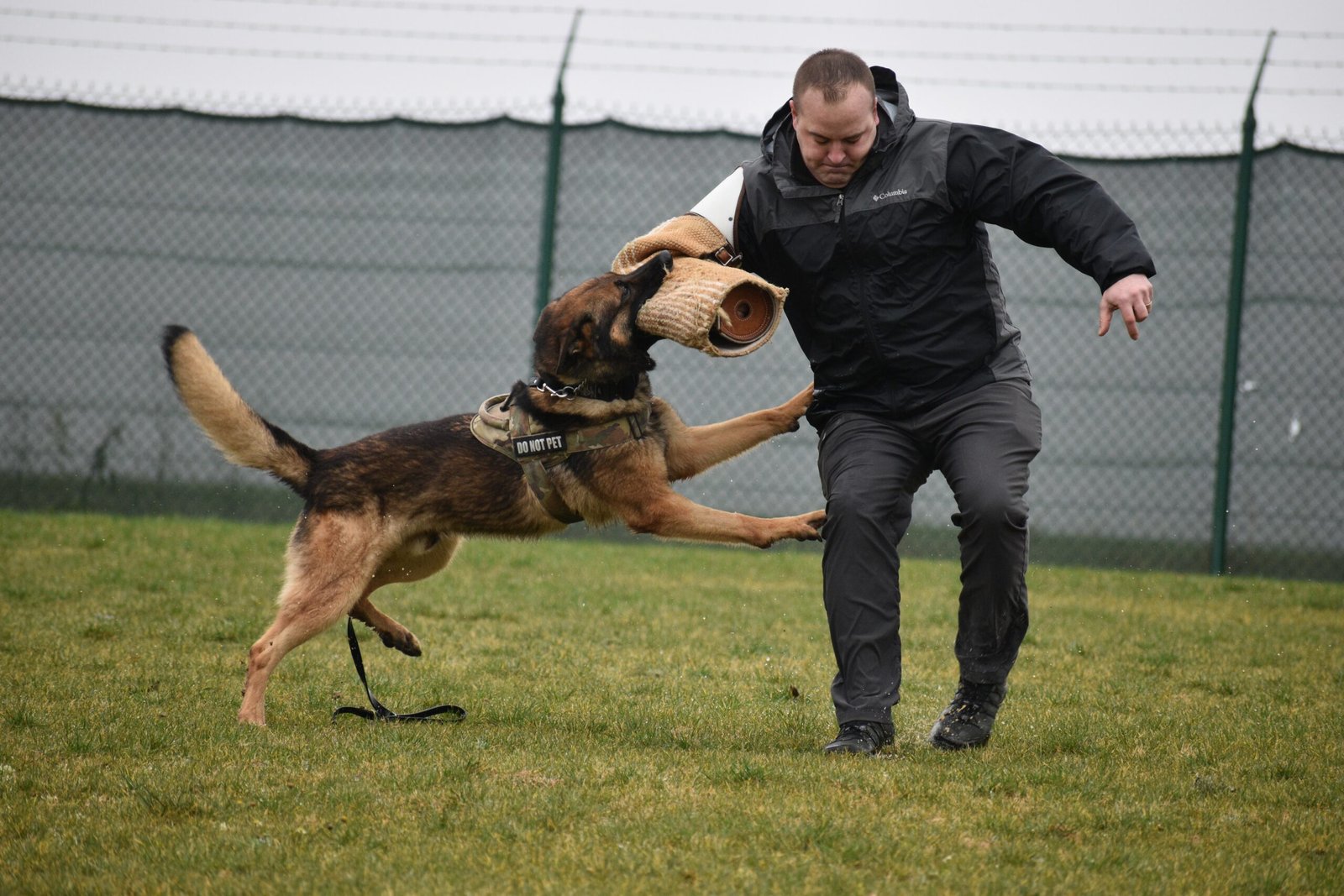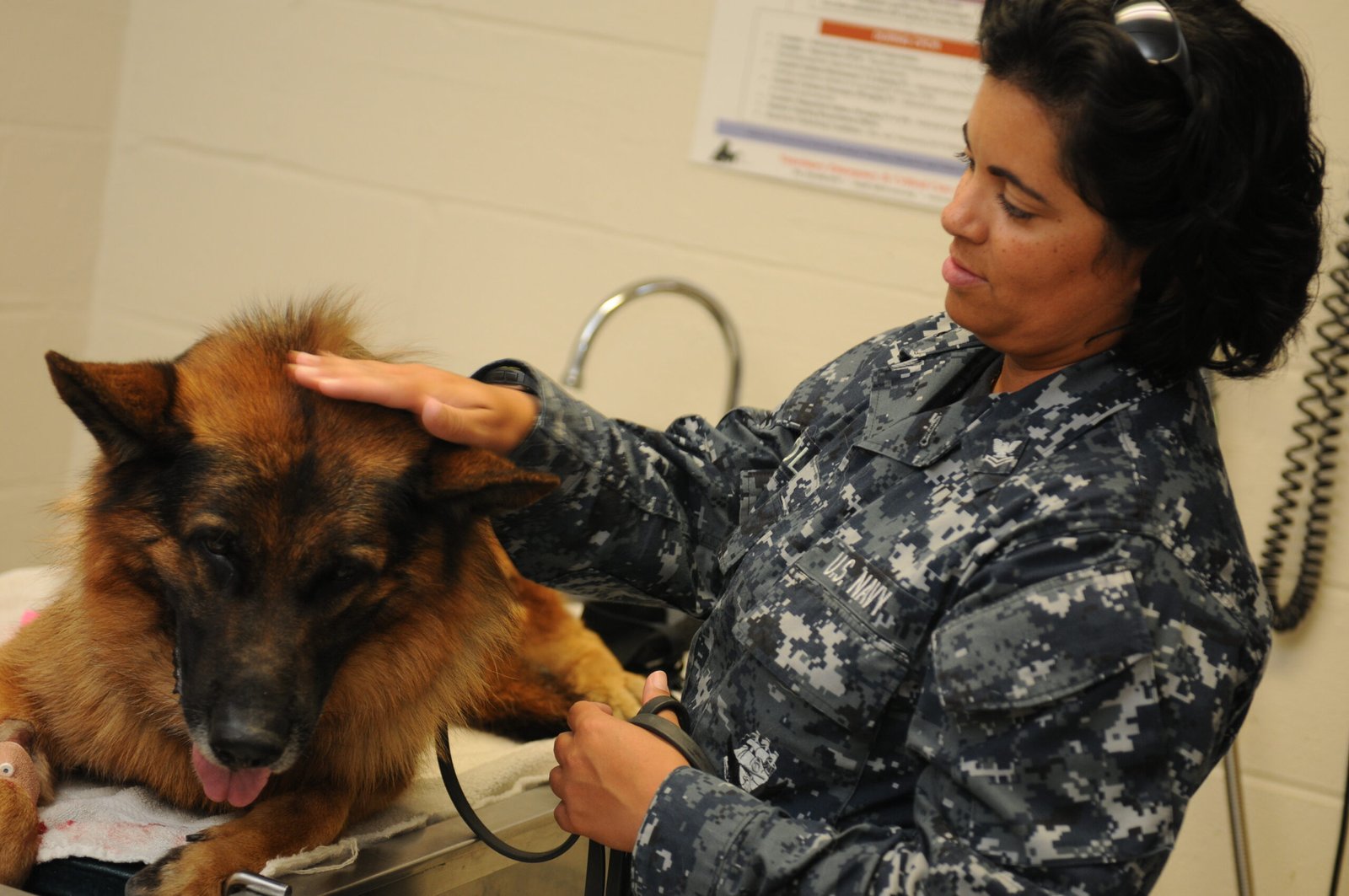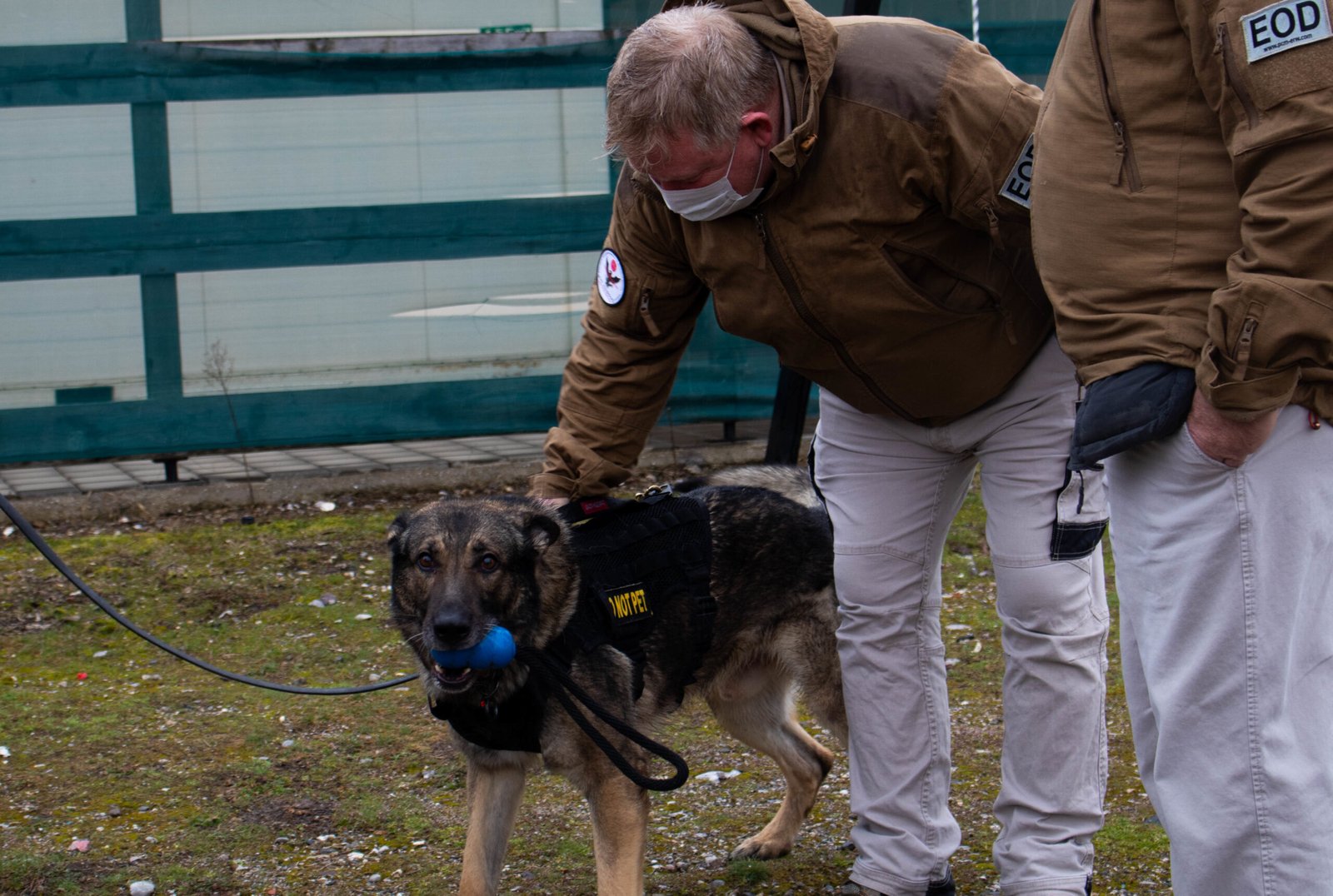The moment a dog bites can be both shocking and distressing. For dog lovers, it’s a jarring experience that prompts a whirlwind of emotions and questions. Do you forgive the dog, or is it time to reconsider your relationship with your furry friend? This article aims to explore the complexities surrounding this heart-wrenching decision, offering insights and guidance along the way.
Understanding Why Dogs Bite
Before making a decision, it’s crucial to understand the reasons behind a dog’s biting behavior. Dogs may bite due to fear, pain, or even playfulness that gets out of hand. It’s not always an act of aggression. Think of it as a cry for help or a misunderstood signal. Just like us, dogs have their limits, and sometimes they express discomfort through biting. Understanding the root cause can be the first step in addressing the issue rather than jumping to conclusions.
The Emotional Impact on Dog Owners
Owning a dog that bites can be emotionally taxing. You might feel betrayed or worried about the safety of your family and friends. These are natural reactions. Remember, owning a dog is akin to a relationship; it requires patience, understanding, and communication. It’s essential to work through these emotions to determine the best path forward for both you and your pet.
Assessing the Severity of the Bite

Not all bites are created equal. Some are mere nips, while others can cause serious harm. Assessing the severity of the bite is crucial in deciding your next steps. For instance, a playful nip that doesn’t break the skin might not warrant the same response as a severe bite. Understanding the severity can help you determine whether training or more drastic measures are needed.
Legal Implications of a Dog Bite

Depending on where you live, a dog bite can have legal consequences. Some regions have strict laws that may require reporting the bite, or even euthanizing the animal. It’s vital to be aware of these laws to protect yourself and your dog. Consulting with a local attorney can provide clarity and help you navigate any legal challenges that may arise.
Consulting a Professional Dog Trainer
If you decide to forgive your dog, consulting with a professional trainer can be an excellent step. A trainer can assess your dog’s behavior and provide strategies to prevent future incidents. This could involve behavior modification techniques or specific training exercises tailored to your dog’s needs. Much like a therapist for humans, a trainer can provide the guidance needed to mend the relationship.
The Role of Veterinary Care

A bite could be an indication of an underlying health issue. A visit to the vet can help rule out medical conditions that may cause pain or discomfort, leading to aggressive behavior. Regular check-ups and a clean bill of health can ensure that your dog isn’t biting due to an undiagnosed problem.
Creating a Safe Environment

Ensuring a safe environment can mitigate the risk of future bites. This could mean setting boundaries or creating designated areas where the dog feels secure. Think of it as child-proofing your home but for your pet. This proactive measure can provide peace of mind and a safer space for everyone involved.
Signs Your Dog May Bite Again

Understanding the warning signs of potential biting can help you avoid future incidents. These signs may include growling, snapping, or displaying a stiff body posture. Recognizing these cues can be invaluable in preventing another bite. It’s like reading the room; being attentive to your dog’s body language can make all the difference.
When to Consider Rehoming
In some cases, despite efforts to address the issue, rehoming might be the best option. This is a tough decision that requires careful consideration. Sometimes, a new environment or owner better suited to handle the dog’s needs can lead to a happier life for both the dog and its new family. It’s a decision that should not be taken lightly but can be the right choice in certain situations.
Finding Closure and Moving Forward

Ultimately, the decision to forgive or move on is a personal one. It involves weighing the pros and cons and considering what’s best for both you and your dog. Finding closure can be a healing process, allowing you to move forward with or without your pet. It’s about making the best choice for your unique situation, ensuring peace of mind and happiness for all involved.

Born and bred in South Africa, a Capetonian at heart. Amy-Leigh’s love for nature and animals was inherited from her Dad. He loves taking the family on road trips to experience nature at its finest; Amy-Leigh’s favourite being whale watching in Hermanus and spotting Kudu along the West Coast. Amy-Leigh holds a BA in English Literature and Communication Studies.





